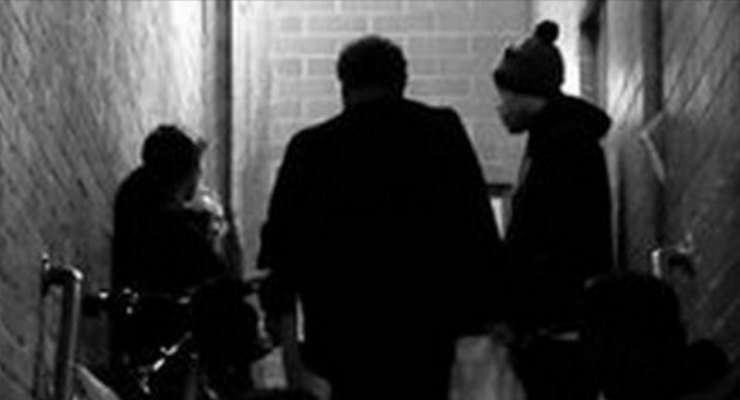
Several Pasadena Councilmembers urged the creation of a year-round homeless shelter during a presentation on the city’s annual Point in Time Count, which revealed a 4% overall increase in homelessness and a 7% rise in unsheltered residents.
“I think we desperately need a year-round shelter,” said Councilmember Rick Cole. “We’re going to take months to put this in place, but I think we ought to be seriously starting it now.”
The City’s current shelter only activates during severe weather conditions, opening when rain chances exceed 40% or temperatures drop below 41 degrees.
The homeless count identified 581 people experiencing homelessness, up from 559, with 342 living in unsheltered locations like sidewalks, vehicles, and encampments — 21 more than the previous year.
Cole warned that the current situation is unsustainable, citing economic instability, the Eaton Fire’s displacement impact, and potential federal funding cuts. “The time to build on our success is now and not wait until we see encampments,” he said.
Councilmember Tyron Hampton supported a year-round shelter and a housing-focused city commission, emphasizing the urgency of addressing racial disparities in homelessness. He noted the increase in homelessness among Black residents and people of African descent.
Housing Director Jim Wong reported that 12 sheltered individuals were directly impacted by the Eaton Fire. Emergency support from FEMA, Airbnb, and L.A. County’s 211 system helped mitigate the disaster’s impact.
Single adults without children now comprise 83% of Pasadena’s homeless population, with 72% reporting a disabling condition. Veteran homelessness continued to decline, dropping to 29 individuals.
The data showed increased regional mobility, with half of unsheltered individuals last living in Pasadena, 14% from other San Gabriel Valley areas, and 84% previously housed in L.A. County.
City officials face significant fiscal challenges, with proposed federal cuts threatening 76% of the Housing Department’s budget. Los Angeles County’s Measure A could provide relief for local housing initiatives.
Mayor Victor Gordo acknowledged the uncertainty of federal support as President Trump continues to withhold funds from cities opposing certain policies.
“We’re being told to anticipate cuts… but we don’t know when, where, or which programs may be impacted,” Gordo said.














 0 comments
0 comments


